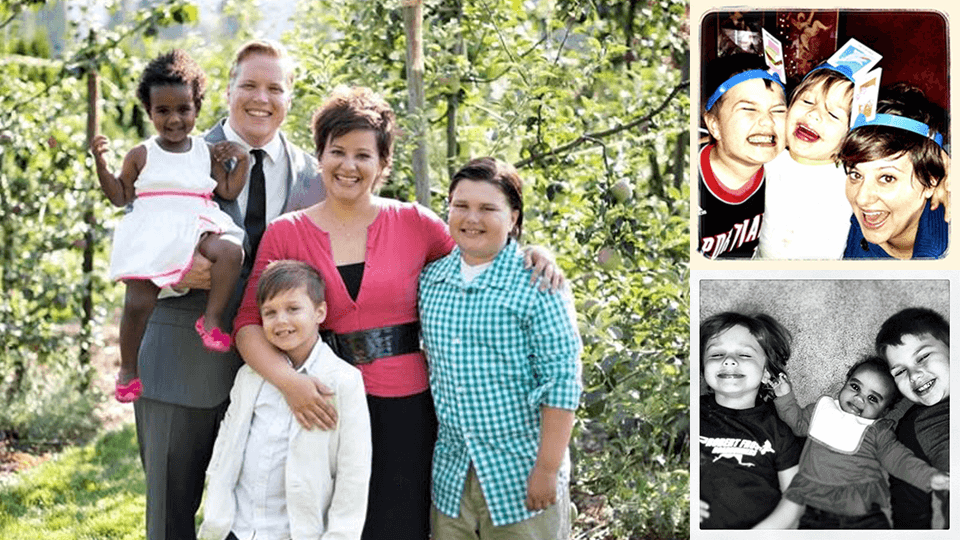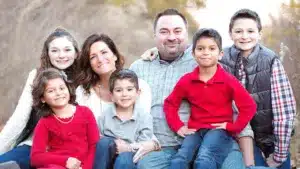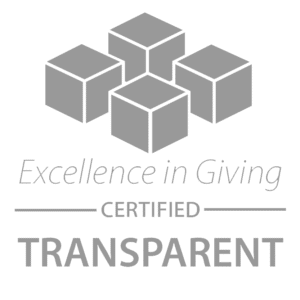
We know adoption poses a big transition for families. While adoption is an exciting time of newness, love, and joy, post-adoption depression is a very common occurrence in adoptive parents.
Unfortunately, this common occurrence is so rarely discussed. Post-adoption depression affects between 10 and 32% of adoptive parents (MGH Center for Women’s Mental Health). This number is even higher for women, as up to 65% of adoptive moms struggle with post-adoption depression (Postpartum Progress).
While this is a common condition, stigma and lack of information can make post-adoption depression feel isolating. According to Verywell Mind, post-adoption depression doesn’t have one contributing factor, but instead can be caused by issues like parenting responsibilities, identity conflict, the child’s complex needs, or a lack of a support system.
Despite the lack of discussion surrounding post-adoption depression, it’s important for struggling adoptive parents to take the steps necessary to begin healing. When left unaddressed, post-adoption depression can negatively affect the adoptive child (National Council For Adoption).
Prior to joining the AGCI team, our very own Marisa Butterworth, AGCI West Coast Advancement Officer, adopted her daughter, Harper, from Ethiopia. Marisa struggled with post-adoption depression after her daughter came home. In an enlightening episode of Together by AGCI, Marisa shared her journey and offered resources for parents navigating post-adoption depression.
When Marisa began feeling the effects of post-adoption depression, she felt confused by her conflicting emotions. “I cried a lot, but I also felt happy,” said Marisa. “I adored her, but I was overwhelmed with everything.”
Marisa’s post-adoption depression presented itself in three primary ways:
- Isolation, but under the guise of “nesting”
- Lack of self-care and motivation
- Unstable emotions
According to the National Council For Adoption, the symptoms of post-adoption depression generally follow those of depression, like a depressed mood and loss of pleasure in daily life. Other symptoms are more physical, like a decreased appetite or increased sleepiness. The National Council For Adoption suggests these tips for mitigating post-adoption depression:
1) Do a mental health check before placement. If you’re in the adoption process, be honest with yourself if you have struggled with anxiety or depression. Evaluate what made you vulnerable before and make a coping plan before you bring a child home.
2) Surround yourself with adoption-smart people and professionals. While each adoptive situation is unique, have people in your corner who are able to help and guide you through tough seasons. (Remember your AGCI post-adoption team!)
3) Reframe your expectations. Research suggests that unmet expectations can contribute to post-adoption depression. Before your adoption is complete, remind yourself it’s okay if things don’t go exactly how you hoped or planned.
4) Normalize post-adoption support services. Building a strong, healthy family doesn’t end after placement. Formal and informal support services, like counseling, support from family and friends, and support from your AGCI post-adoption team and social worker are all great avenues to help.
5) Do not let stigma or shame prevent you from seeking help. For Marisa, this particular hurdle was a difficult one to cross when she realized she had post-adoption depression. However, with the encouragement of her husband, she attended counseling, where her diagnosis was confirmed: she was depressed.
Marisa suggests adoptive parents reach out to a counselor when struggling with post-adoption depression. She also encourages parents listen to medical advice and, if beneficial, begin taking prescribed antidepressants or anti-anxiety medication.
If you’re struggling with post-adoption depression, remember that you can reach out to your AGCI team and social worker for support. Our post-adoption team has plenty of resources to help you begin your mental health journey. Try not to isolate yourself from friends and loved ones, and make it a point to get out of the house periodically, even if just for a walk.
Ultimately, beginning the battle against post-adoption depression begins with advocating for yourself. Enlist the help of your spouse, neighbors, friends, and church community. (If you’re supporting someone struggling with post-adoption depression, consider how you can make their day-to-day easier. Whether it’s frozen meals, extra encouragement, or the offer to clean, your presence and assistance will help more than you realize.) Your support system will know how to better help you once you’re honest with them!
Lastly, Marisa encourages parents remember to focus on bonding with their new child. Post-adoption depression doesn’t discriminate, but these children need the love and support of their adoptive parents. It’s incredibly important new parents take care of themselves so they are best able to support their children.
If you think you may be battling post-adoption depression, please reach out to AGCI’s post-adoption team, or to an AGCI rep with whom you feel comfortable sharing. There are so many resources available, and we are here to help. It’s important to remember there is always hope and you are never alone.













